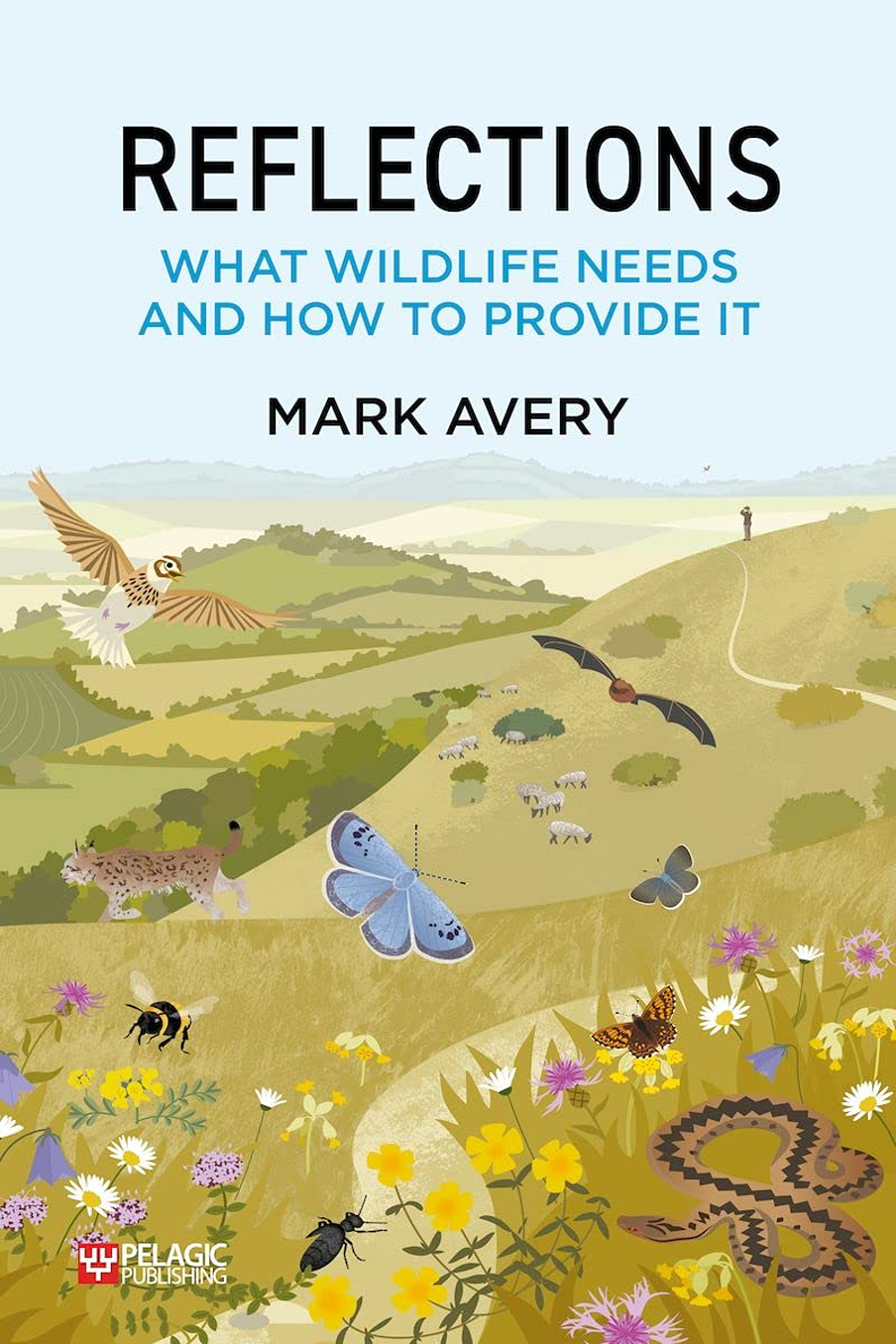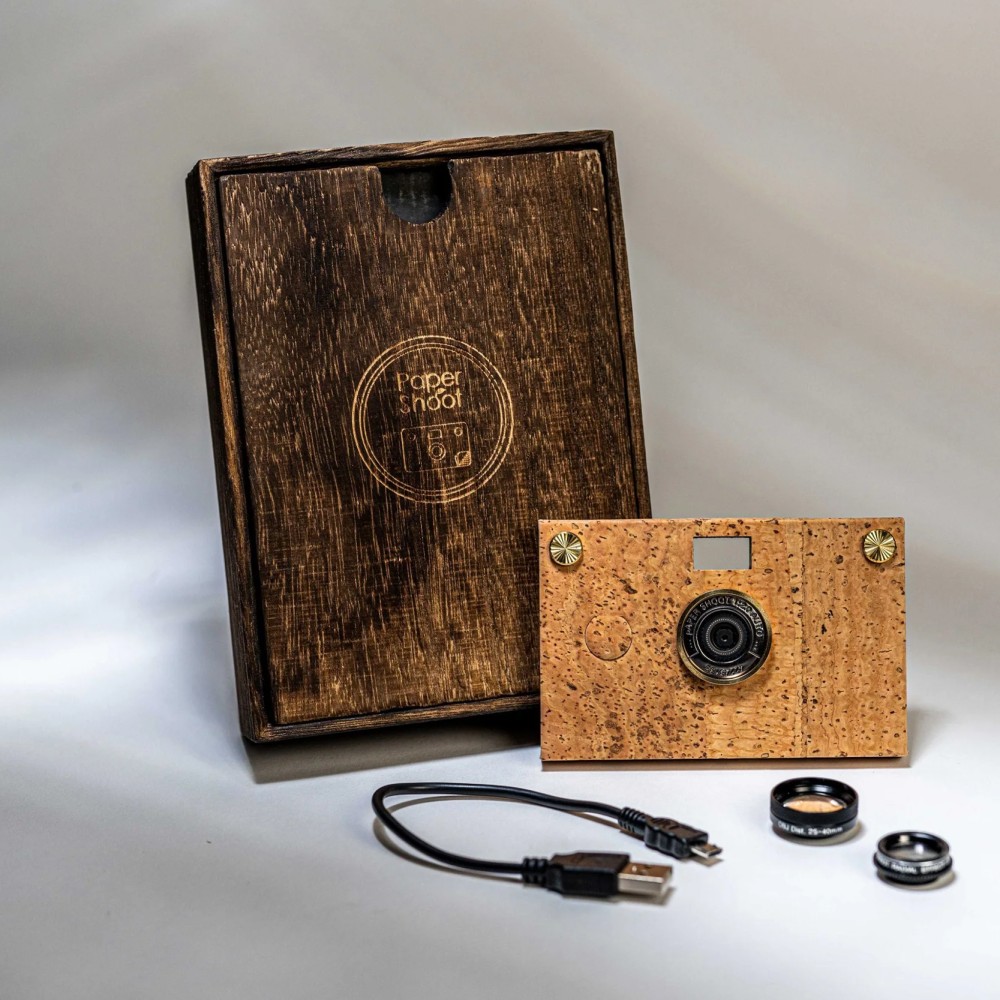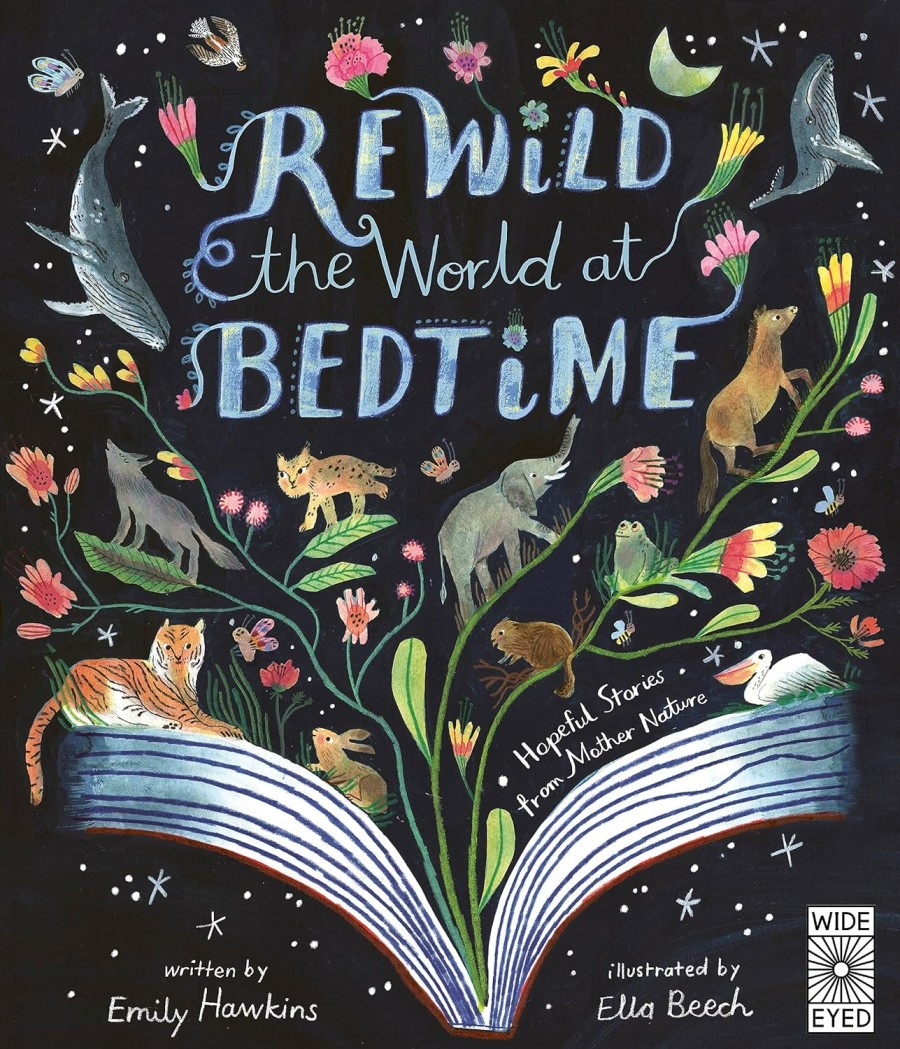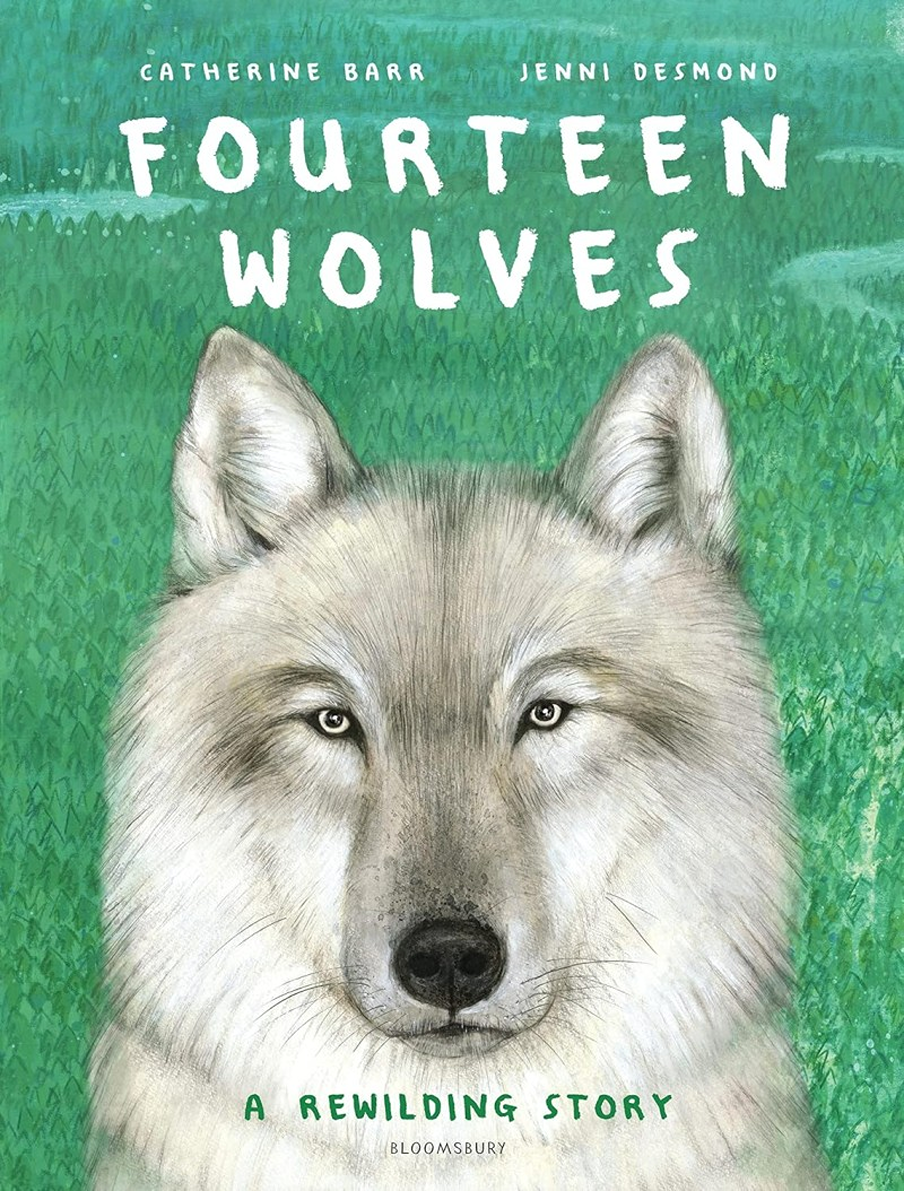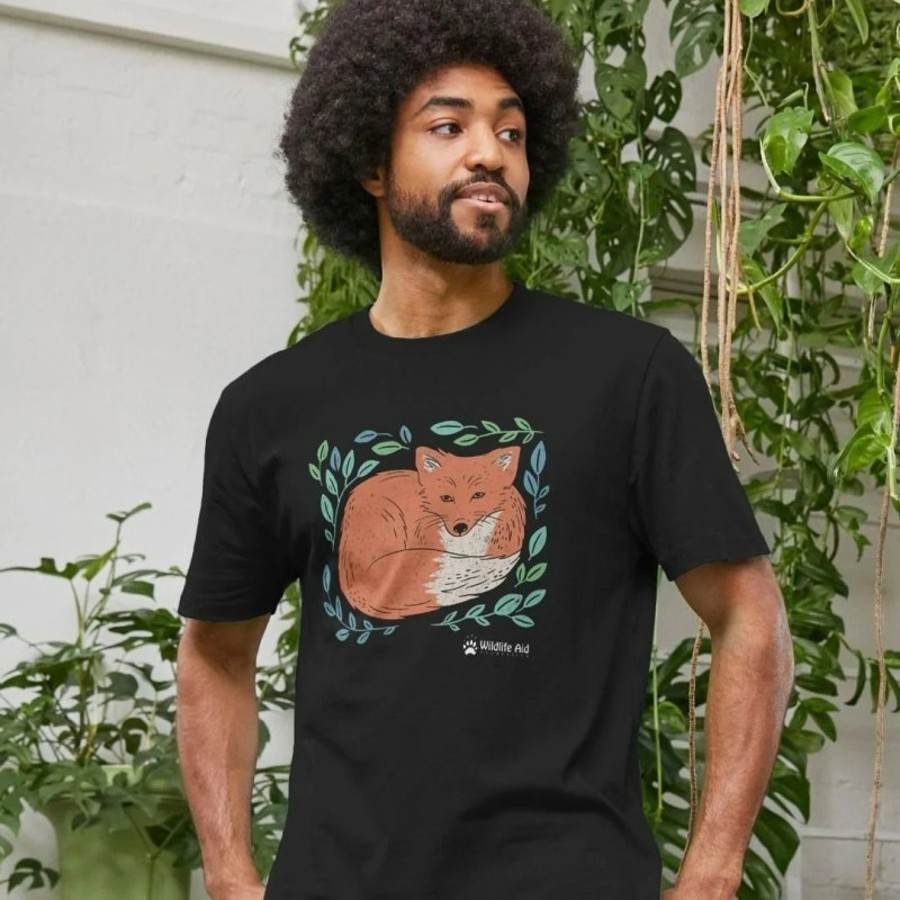
Most people in England no longer wear fur (it’s still legal to sell, so boycott shops that sell it). But if you used to wear fur (or have a relative’s old fur coat stashed in the attic), donate it to your local wildlife rescue (they will cut it into large squares, for orphaned baby wildlife to snuggle up to, as ‘surrogate mums’. In the US, donate through Coats 4 Cubs or Cuddle Coats.
Fur farms have few welfare laws, so animals can be clubbed, electrocuted or skinned alive (leghold traps also harm pets and native wildlife) and fur is treated with chemicals so is not ‘natural’. DNA tests also found some ‘fake fur trim’ (for clothing and furry ornaments) is actually real fur.
Sign the petition to ban UK fur sales and if you run a shop, sign up to Fur Free Retailer, to display its fox logo in your window, to guarantee you’re fur-free. The R-value of good fake fur means individual fibres trap as much heat, so you never need to buy real fur. Most faux fur is made from polyester, so use an eco-dry cleaner (uses steam) or a microplastic catcher for washing machines.
You could donate old fur coats to homeless people, but most charities say lugging around heavy coats/blankets is not practical. Better to buy someone a Sleep Pod or Sheltersuit (weatherproof yet easy to carry).
the world’s first sustainable plant-based fur

Bio-fluff is the world’s first plant-based sustainable fur. Based in Paris and New York, the company has recently secured over 2 million Euros in funding to revolutionise the textile industry. Obviously the argument used by the fur industry is that their material is natural (it’s not, once it’s treated with chemicals) and that faux fur is not, due to being polyester.
Fur farms have few welfare laws, so animals can be clubbed, electrocuted or skinned alive (leghold traps also harm pets and native wildlife) and fur is treated with chemicals so is not ‘natural’. DNA tests also found some ‘fake fur trim’ (for clothing and furry ornaments) is actually real fur.
Bio-fluff material is both kind and sustainable, and uses Savian (the name means ‘dandelion’, a groundbreaking collection of fur, shearling and fleece fibres made from natural plants, using modern technologies to recreate the look, feel and warmth of fur, but with no animals or unbiodegradable materials. Already luxury brands and designers are interested. The company was co-founded by a biochemist, a textile expert and a computer scientist who now works in the fashion industry.
This product could replace the 100 million animals killed annually for fur, and also generates up to 90% less co-2 emisssions, compared to synthetic fur alternatives. One fan is vegan fashion designer Stella McCartney. Another biodegradable faux fur of the future is Gacha, which is made from a biodegradable polyester that composts in 180 days.

